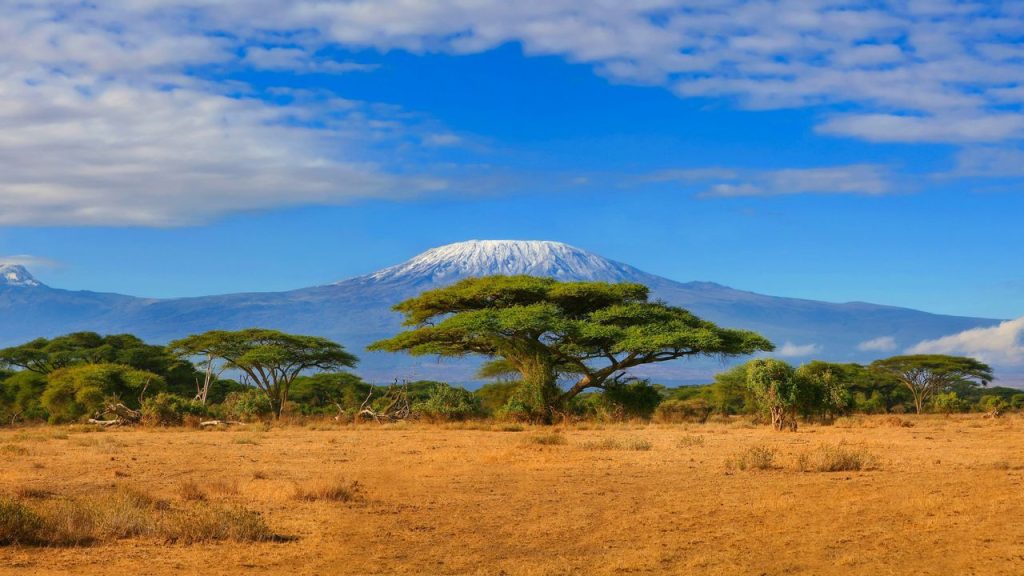Cultural Experiences in Africa: A Journey of Cultural Learning, Values, and Culinary Delights
Africa is a continent rich in diversity, boasting a myriad of cultural experiences that captivate the hearts and minds of travelers from around the world. From ancient traditions to vibrant festivals, Africa offers a unique opportunity for cultural learning, exploration of cultural values, and indulgence in exquisite culinary experiences. Let us embark on a journey through the enchanting tapestry of African culture.
Cultural Learning: Unveiling the Richness of African Heritage
One of the most enriching aspects of traveling to Africa is the opportunity to immerse oneself in the local culture. From the bustling markets of Marrakech in Morocco to the tribal villages of Maasai Mara in Kenya, every corner of Africa has a story to tell. Engaging with locals, participating in traditional ceremonies, and witnessing age-old practices allows travelers to gain a deeper understanding of the African way of life.
Exploring the ancient ruins of Great Zimbabwe or the rock-hewn churches of Lalibela in Ethiopia unveils the architectural marvels that stand as a testament to Africa’s rich historical heritage. These cultural landmarks not only showcase the ingenuity and craftsmanship of the past but also provide a glimpse into the cultural values and beliefs that have shaped African societies.
Cultural Values: Embracing Diversity and Resilience
Africa is a continent that celebrates diversity, with over 2,000 distinct ethnic groups and languages. Each community brings forth its unique set of cultural values and traditions, contributing to the vibrant tapestry of African society. From the Ubuntu philosophy of Southern Africa, emphasizing the interconnectedness of humanity, to the Maat principle of ancient Egypt, highlighting the importance of balance and harmony, African cultures offer valuable lessons in empathy, resilience, and community.
Traditional storytelling, an integral part of African culture, serves as a medium to pass down these cultural values from one generation to another. Through folktales and proverbs, Africans impart wisdom, moral lessons, and a sense of identity. By engaging with local communities and listening to their stories, travelers can gain a deeper appreciation for the cultural values that underpin African societies.
Culinary Experiences: A Gastronomic Adventure
No cultural exploration is complete without indulging in the culinary delights of a region. African cuisine is a treasure trove of flavors, spices, and unique cooking techniques. From the aromatic tagines of Morocco to the fiery jollof rice of West Africa, the continent offers a gastronomic adventure like no other.
Exploring the bustling food markets of Marrakech or the street food stalls of Lagos allows travelers to savor the authentic flavors of Africa. The use of local ingredients such as yams, plantains, and various indigenous spices adds a distinct touch to African dishes. Whether it’s the savory injera of Ethiopia or the succulent braai (barbecue) of South Africa, African cuisine tantalizes the taste buds and leaves a lasting impression.
Moreover, food in Africa is not merely sustenance but a means of celebration and connection. Sharing a meal with locals provides an opportunity to forge bonds, exchange stories, and experience the warmth and hospitality of African culture firsthand.
In Conclusion
Africa is a continent that beckons travelers with its rich cultural experiences, offering a journey of cultural learning, exploration of values, and culinary delights. By immersing oneself in the local culture, engaging with communities, and embracing the diversity of African societies, travelers can gain a deeper appreciation for the continent’s heritage. From ancient traditions to mouthwatering dishes, Africa invites us to embark on a captivating adventure that will leave an indelible mark on our hearts and minds.

